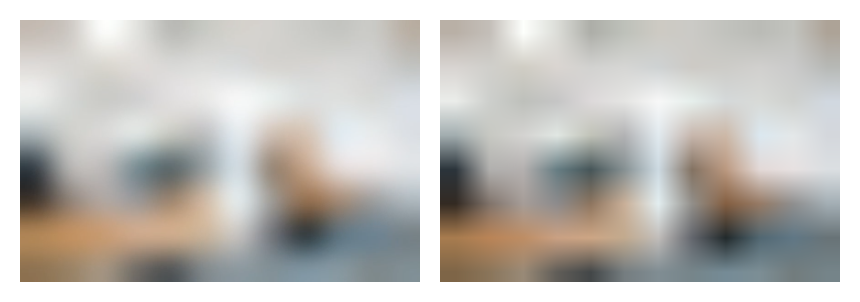https://github.com/zouhir/lqip-loader
Low Quality Image Placeholders (LQIP) for Webpack
https://github.com/zouhir/lqip-loader
Last synced: 3 months ago
JSON representation
Low Quality Image Placeholders (LQIP) for Webpack
- Host: GitHub
- URL: https://github.com/zouhir/lqip-loader
- Owner: zouhir
- Created: 2017-05-24T12:32:35.000Z (about 8 years ago)
- Default Branch: master
- Last Pushed: 2022-12-29T03:51:42.000Z (over 2 years ago)
- Last Synced: 2025-04-07T01:09:24.126Z (3 months ago)
- Language: JavaScript
- Size: 349 KB
- Stars: 1,212
- Watchers: 13
- Forks: 43
- Open Issues: 8
-
Metadata Files:
- Readme: README.md
Awesome Lists containing this project
README

lqip-loader: low quality images placeholders for webpack

```
npm install --save-dev lqip-loader
```

Generating Base64 & dominant colours palette for a jpeg image imported in your JS bundle:
PS: The large image file will be emitted & only 400byte of Base64 (if set to true in the loader options) will be bundled.
webpack.config.js:
```js
{
/**
* OPTION A:
* default file-loader fallback
**/
test: /\.jpe?g$/,
loaders: [
{
loader: 'lqip-loader',
options: {
path: '/media', // your image going to be in media folder in the output dir
name: '[name].[ext]', // you can use [hash].[ext] too if you wish,
base64: true, // default: true, gives the base64 encoded image
palette: true // default: false, gives the dominant colours palette
}
}
]
/**
* OPTION B:
* Chained with your own url-loader or file-loader
**/
test: /\.(png|jpe?g)$/,
loaders: [
{
loader: 'lqip-loader',
options: {
base64: true,
palette: false
}
},
{
loader: 'url-loader',
options: {
limit: 8000
}
}
]
}
```
your-app-module.js:
```js
import banner from './images/banner.jpg';
console.log(banner.preSrc);
// outputs: "data:image/jpeg;base64,/9j/2wBDAAYEBQYFBAYGBQYHBwYIChAKCgkJChQODwwQFxQYGBcUFhY....
// the object will have palette property, array will be sorted from most dominant colour to the least
console.log(banner.palette) // [ '#628792', '#bed4d5', '#5d4340', '#ba454d', '#c5dce4', '#551f24' ]
console.log(banner.src) // that's the original image URL to load later!
```

To save memory and improve GPU performance, browsers (including Chrome started from 61.0.3163.38) will now render a
slightly more crisp or pixelated Base64 encoded images.

Older Chrome to the left, Chrome v61 to the right.
If you want the blur to be smooth really bad, here's a fix!
```css
img {
filter: blur(25px);
}
```
More history about the issue can be [found here](https://bugs.chromium.org/p/chromium/issues/detail?id=771110#c3) and [here](https://groups.google.com/a/chromium.org/forum/#!topic/blink-dev/6L_3ZZeuA0M).
alternatively, you can fill the container with a really cheap colour or gradient from the amazing palette we provide.

- [Medium web app](https://medium.com/cucumbertown-magazine/the-beginners-guide-to-composition-in-food-photography-how-to-transform-your-food-photos-from-good-39613ab78bf2)
- [Instagram native mobile app](https://www.instagram.com/)
- [Polymer shop project](https://shop.polymer-project.org/)

- Essential Image Optimization, An [eBook by Addy Osmany](https://images.guide/)

Related projects to this would be [lqip module for Node](https://github.com/zouhir/lqip) as well as [lqip-cli](https://github.com/zouhir/lqip-cli).
Thanks to [Colin van Eenige](https://twitter.com/cvaneenige) for his reviewing and early testing.
MIT - [Zouhir Chahoud](https://zouhir.org/)